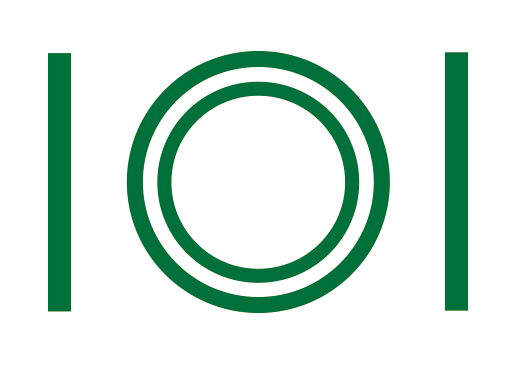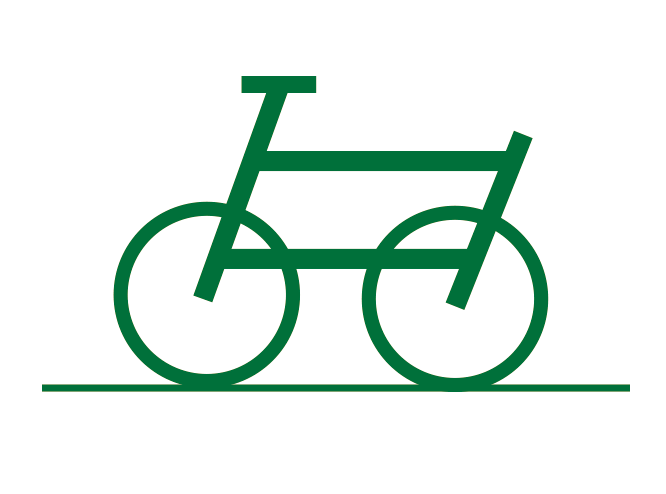This year’s EU Green Week (3-11 June) is an opportunity to debate, become familiar with, or even celebrate EU environment policy. With this in mind, let’s take a closer look at some of URBACT’s accomplishments, what the programme stands for and, most of all, what lies ahead. Read on to grasp how URBACT promotes an environmentally-friendly, sustainable urban development.
Co-creating a greener EU
The Cohesion Policy 2021-2027, aims amongst others, for “a greener, low-carbon transitioning towards a net zero carbon economy and resilient Europe”. Unsurprisingly, many URBACT cities are taking on this challenge: a vast majority of the recently approved Action Planning Networks will work around this topic. From local circular economy, green spaces in industrial zones and abandoned spaces, rural-urban connections, to green growth in small cities and nature place-based solutions, 84 partners will co-create their own green action plans. The networks of BiodiverCITY, COPE, EcoCore, Econnecting, GreenPlace, In4Green, Let's Go Circular, PUMA and SCHOOLHOODS will benefit from URBACT's capacity-building and knowledge activities, expertise, and methods to help them achieve their goals during the next 2.5 years. The URBACT team looks forward to seeing what solutions and ideas these cities will come up with.
Leveraging on public procurement

Green public procurement has long been a hot topic for municipalities and other public authorities. In this context, URBACT has been a pioneer when it comes to re-thinking the way EU cities produce, distribute and consume food. Beyond all the food for thought the programme has provided to city practitioners over the years, URBACT has also developed its Strategic Public Procurement Online Course to help cities navigate and face legal frameworks. 2023 is a particular important year in this regard, with the launch of the Urban Agenda for the EU partnership on Food (planned for September) and the announcement of the EU Framework for Sustainable Food (foreseen to be released by the end of the year). To facilitate the access from cities to any novelties, URBACT will create a follow up public procurement module on food, so stay tuned!
Steering an energy transition
With the recent conclusion of the VILAWATT URBACT Network, the programme aims at mainstreaming lessons learnt, policy recommendations and other practices to cities across Europe. Based on an Urban Innovative Action (UIA) project that consisted in developing a people-public-private consortium to pool energy purchase, while retrofitting buildings and raising awareness, this pilot network shared the original practices from Viladecans (ES) with partners from Belgium, Hungary and Greece. Throughout this experience, they have taken on the challenge to co-create energy citywide plans to nudge its inhabitants and tackle different issues, such as energy poverty. More information on how the programme will further share this knowledge on energy governance will follow in the months to come.
Pushing for soft mobility

Ever since the launch of the open call for Action Planning Networks (January – March 2023), many cities have shown their interest in working with mobility issues. This trend was particularly noticeable in the many project ideas that ware published in URBACT’s Partner Search Tool, but also in some of the approved networks. In total, five partnerships will work around mobility, the 15-minute city concept, public transportation and, overall, improving the liveability of public spaces. Such objectives are aligned with the Cohesion Policy objective for a more connected EU. This is not the first time, URBACT cities join forces to gather inspiration, practical interventions and long-term visions on this subject. To discover some of the existing tips and ideas, be sure to check URBACT’s Walk’n Roll guidebook. Composed by three booklets, this product complies different stories and tools that are fit for cities of literally all sizes.
Supporting the European Urban Initiative
As it’s stated in the URBACT IV Cooperation Programme, the programme has among its thematic priorities to support a green urban transition. Likewise, according to the document, URBACT shall support and coordinate relevant actions with its key partner: the European Urban Initiative (EUI). Besides leading the work developed by the Urban Agenda for the EU partnerships, notably on food (to be launched in September) and on green cities (launched earlier this year), EUI has just launched its second call, this time for innovative actions. Do not wait any longer, this call could be the right fit for greening your city.
Interested by any of these topics?
Save the date for the 2023 European Week of Regions (EWRC) and Cities in Brussels (BE)! Between 9 - 12 October, URBACT will contribute to two sessions:
- Participatory lab ‘How can regions and cities drive a just energy transition with and for their citizens?’, co-organised by URBACT, ESPON, Interreg Europe and Interact
- Participatory lab ‘Use tech to accelerate the green transition in your region or city’, including Horizon Europe project ‘Knowing’
Registrations for the EWRC will open during the summer.


